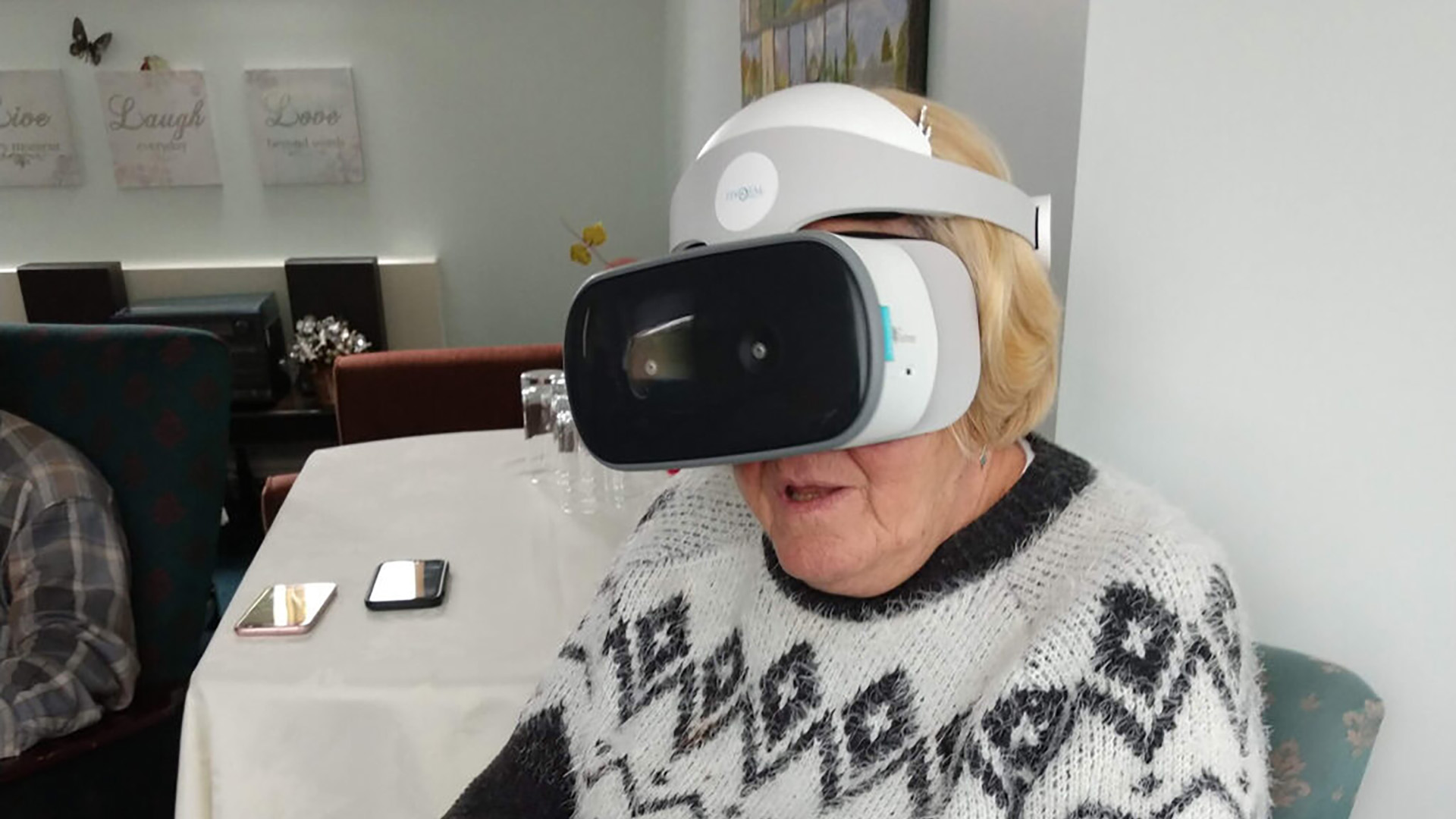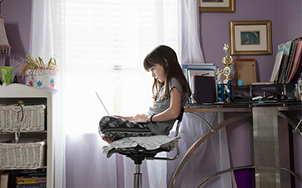Lenovo VR helps restore lost memories
Memories disappear for all of us. The images slowly lose their focus, the details blurring like in photographs yellowing with age. This process is even more acute for those living with illness.
For sufferers of dementia, memories slip by like sand in an hourglass — a condition worsened by a lack of new stimuli. Without novel inputs, dementia patients’ ability to recall memories decreases even further. And all too often, caregivers are unable to fully understand the experiences of their troubled patients. They’ve studied and observed the symptoms of dementia, but until they’re able to actually experience the limitations, it's hard to fully imagine them. That’s why Suzanne Lee is looking towards virtual reality (VR) to improve care and help create new memories for dementia patients.
The tech community has been touting the potential of VR for years, but widespread adoption has been dogged by misinformation along with issues around accessibility and price . That’s why Lee launched Pivotal Reality, a VR consultancy based in Glasgow that’s working to show how easy-to-use and essential VR can be for those suffering from dementia. Incredibly, Pivotal Reality helps people recall old memories while also reducing their agitation and improving their interactions with their caregivers. For some dementia sufferers, the VR interface is a lifeline to the world.
For Lee, her mission of facilitating “immersive reminiscence” is about more than pushing the boundaries of technology. It’s more personal than that: both of her grandmothers lived with dementia before they died. She witnessed firsthand the gaps in understanding on both sides of the care equation — a chasm that Lenovo and Pivotal Reality want to bridge.
Using the Lenovo Mirage Solo VR, a standalone VR headset that is designed to disappear, Lee is able to create empathetic experiences for patients and caregivers alike. The VR headset can whisk a struggling dementia patient to alternative realities — like a sunny day beside the River Clyde or an ice rink in Switzerland — for stimulation and relaxation. A tough day in a nursing home can become a relaxing afternoon far away.
FEATURED SOLUTIONS
And the innovative technology is incredibly easy to use. It understands movement in space without the need of external sensors, allowing users to enjoy a full, free range of motion, without having to navigate awkward interfaces.
“Accessibility is important and care homes need to have solutions that don’t cost large amounts of money,” Lee says. “So a wireless headset like the Lenovo Mirage Solo VR was the best solution for me and my duty of care.” She even took a headset on a recent trip to the Highlands of Scotland.

I had goosebumps and knew at that moment VR was a powerful tool for reminiscence.
— Suzanne Lee, Pivotal Reality
It’s not just dementia patients who benefit from VR. On the other side of the equation, VR technology can be a fantastic tool to create awareness about the impact dementia has on people’s lives. Caregivers can gain tangible insight by putting themselves in the shoes of someone living with dementia by wearing the VR headset to simulate a dementia patient’s experience, according to Alzheimer's Research UKSource. Presented in virtual reality, such simulations help the wearer understand how a rote errand can become a shockingly disorienting task if you can’t remember where you are or why you’re there.

The VR headset can whisk a struggling dementia patient to alternative realities, for stimulation and relaxation.
“By bringing health professionals, caregivers, and family into the scope,” Lee says, “Pivotal Reality has the potential to really transform the entire industry.”
Lee recalls the first time she brought VR to a dementia support group. Initially, she thought she had done something wrong. She loaded a generic beach experience into the headset and placed it on a patient named Margaret, who, after a few minutes, began to cry.
What Lee didn’t realize was that underneath that headset, Margaret was being transported back to a childhood memory of a family holiday, frolicking on the sand with her brother. It’s a memory she had forgotten — one made all the more precious by the fact her brother had just passed away.
“I had goosebumps and knew at that moment VR was a powerful tool for reminiscence,” says Lee. “I’ve been on this path ever since.”
















